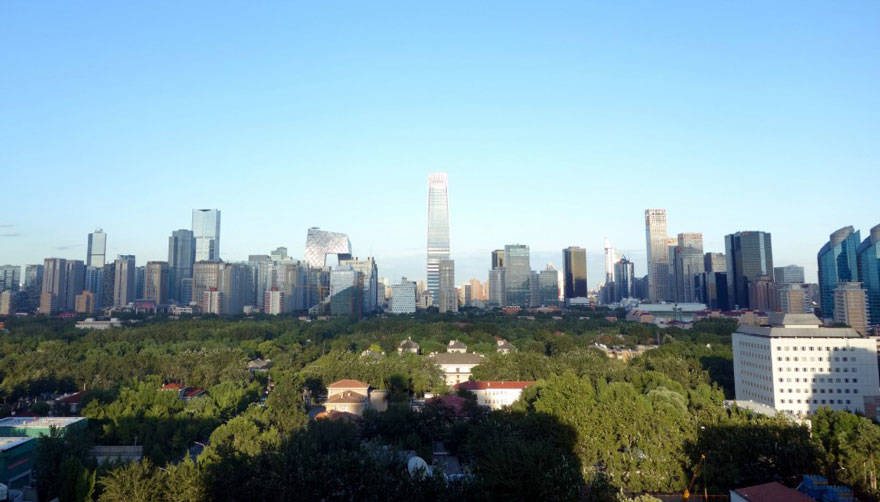Beijing Banned A Ton Of Cars And Factories For This Occasion And Got This As A Result
In the weeks leading up to Beijing's 70th annual Military Parade - an occasion celebrating Japan's defeat in WWII - local government placed restrictions on the city's manufacturing plants, ordering most to close down for the period, as well as instructing 5 million registered vehicles to drive on alternating days.
The effect it had on the city's infamously smog-filled atmosphere was astounding. Even more astounding though, was how quickly pollution returned once the restrictions were lifted.





China's capitol had it's air quality index measured during the stint and it came back a pristine 17 out of 500. For context, it normally hovers between a grotesque 150 and 160.


It's the difference between short term monetary gain for a few and long term disaster for all, and short term compromise for a few and long term benefits for all. It is, without question, yet another troubling reminder that the people in positions of greatest power in the world may very well be the ones to end it.
